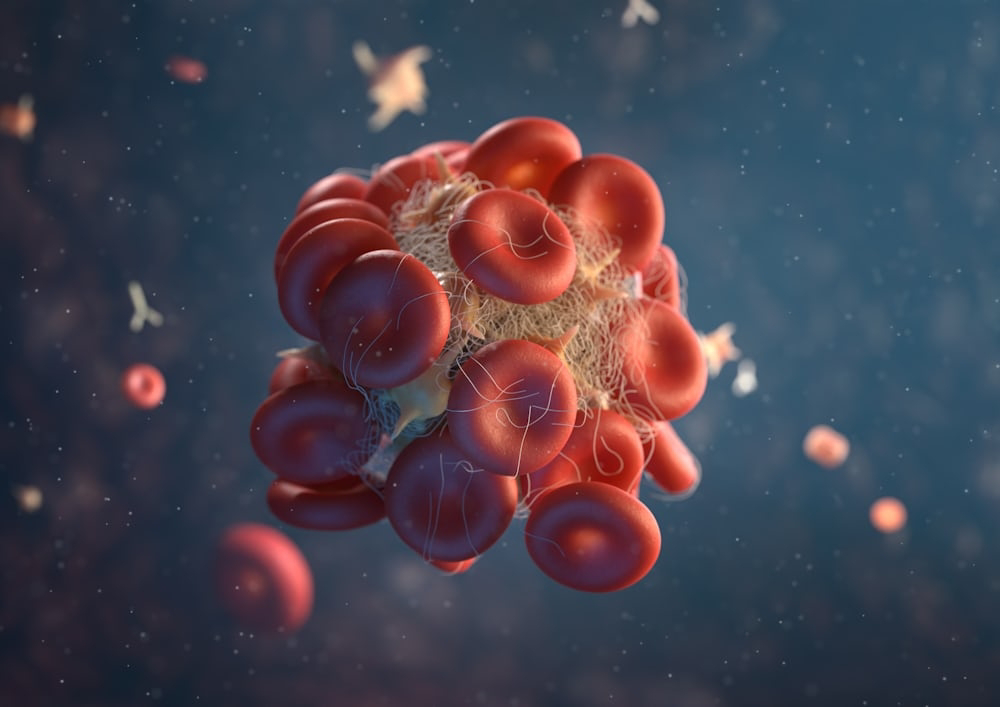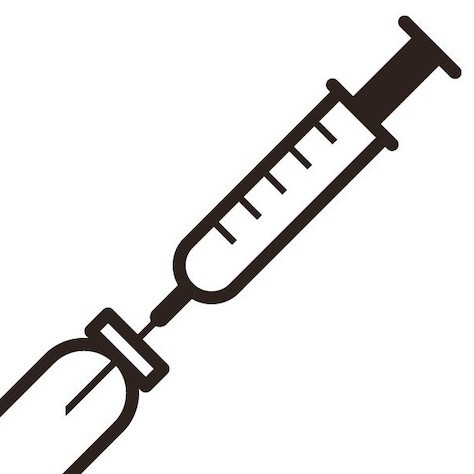Alternatives to TRT: Natural Ways to Boost Testosterone Levels
Testosterone is a crucial hormone that plays a vital role in muscle growth, bone density, and overall vitality in men. As men age, testosterone levels naturally decline, leading to symptoms like fatigue, reduced libido, and decreased muscle mass. While Testosterone Replacement Therapy (TRT) is a popular treatment for low testosterone, it isn't the only option. Many men seek natural alternatives to boost their testosterone levels due to concerns about the potential side effects and long-term health implications of TRT. Here are some natural ways to enhance testosterone levels.
1. Exercise and Physical Activity
Regular physical activity, particularly strength training and high-intensity interval training (HIIT), can significantly boost testosterone levels. Studies have shown that lifting weights increases testosterone production. Compound movements like squats, deadlifts, and bench presses are especially effective. HIIT, which involves short bursts of intense exercise followed by recovery periods, is also known to enhance testosterone.
Recommendations:
- Incorporate weight training into your routine 3-4 times a week.
- Include compound exercises that target multiple muscle groups.
- Add HIIT sessions to your weekly exercise plan.
2. Healthy Diet
A balanced diet rich in whole foods is essential for maintaining healthy testosterone levels. Certain nutrients are particularly beneficial for testosterone production.
Key Nutrients:
- Zinc: Found in shellfish, meat, and legumes, zinc is crucial for testosterone synthesis.
- Vitamin D: Often referred to as the sunshine vitamin, vitamin D can be obtained from sunlight exposure and foods like fatty fish and fortified dairy products.
- Healthy Fats: Omega-3 fatty acids found in fish, nuts, and seeds are important for hormone production.
- Protein: Adequate protein intake supports muscle repair and growth, indirectly supporting testosterone levels.
Dietary Tips:
- Eat a variety of nutrient-dense foods.
- Ensure sufficient intake of vitamins and minerals, particularly zinc and vitamin D.
- Include healthy fats and lean protein sources in your diet.
3. Sleep and Stress Management
Quality sleep and stress management are often overlooked but are crucial for optimal testosterone levels. Poor sleep and high stress can lead to elevated levels of cortisol, a stress hormone that negatively impacts testosterone production.
Sleep Tips:
- Aim for 7-9 hours of quality sleep per night.
- Maintain a regular sleep schedule.
- Create a sleep-friendly environment by minimizing noise and light.
Stress Management Techniques:
- Practice relaxation techniques such as deep breathing, meditation, or yoga.
- Engage in activities that you enjoy and that help you unwind.
- Avoid excessive caffeine and alcohol consumption, as they can increase stress levels.
4. Maintain a Healthy Weight
Obesity is closely linked to lower testosterone levels. Excess body fat can lead to increased production of estrogen, a hormone that counteracts testosterone. Maintaining a healthy weight through a balanced diet and regular exercise can help keep testosterone levels in check.
Weight Management Tips:
- Focus on a sustainable, balanced diet rather than crash diets.
- Engage in regular physical activity.
- Monitor your weight and body composition regularly.
5. Herbal Supplements
Several herbal supplements are believed to help boost testosterone levels naturally. While more research is needed to confirm their efficacy, some studies suggest potential benefits.
Popular Herbal Supplements:
- Ashwagandha: Known for its stress-reducing properties, ashwagandha may also help increase testosterone levels.
- Fenugreek: This herb is believed to enhance libido and testosterone levels.
- Tribulus Terrestris: Commonly used in traditional medicine, tribulus terrestris may improve testosterone production.
Note: Before starting any new supplement, it’s important to consult with a healthcare provider to ensure it's safe and appropriate for you.
6. Avoid Endocrine Disruptors
Certain chemicals found in the environment and everyday products can interfere with hormone production and function. These endocrine disruptors can negatively impact testosterone levels.
Tips to Avoid Endocrine Disruptors:
- Use natural or organic personal care products.
- Avoid plastics, especially for food storage, as they can leach harmful chemicals.
- Choose fresh, whole foods over processed and packaged options.
7. Limit Alcohol and Avoid Smoking
Excessive alcohol consumption and smoking can lower testosterone levels. Alcohol can lead to liver damage, which affects hormone production, while smoking has been linked to lower sperm quality and reduced testosterone levels.
Recommendations:
- Limit alcohol intake to moderate levels (up to one drink per day for women and two for men).
- Avoid smoking and exposure to secondhand smoke.
8. Regular Health Check-ups
Regular health check-ups can help monitor testosterone levels and overall health. Blood tests can measure testosterone levels and identify any underlying health conditions that may be affecting hormone production.
Health Check-up Tips:
- Schedule annual physical exams.
- Discuss any symptoms of low testosterone with your healthcare provider.
- Regularly monitor blood pressure, cholesterol levels, and other health markers.
Conclusion
While TRT is a viable option for many men with low testosterone, natural methods can also effectively boost testosterone levels and improve overall health. Incorporating regular exercise, a balanced diet, quality sleep, stress management, and healthy lifestyle choices can create a supportive environment for optimal testosterone production. Always consult with a healthcare provider before making significant changes to your lifestyle or starting new supplements to ensure they are safe and suitable for your individual needs.






Comments
Post a Comment